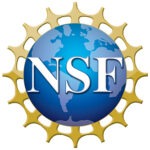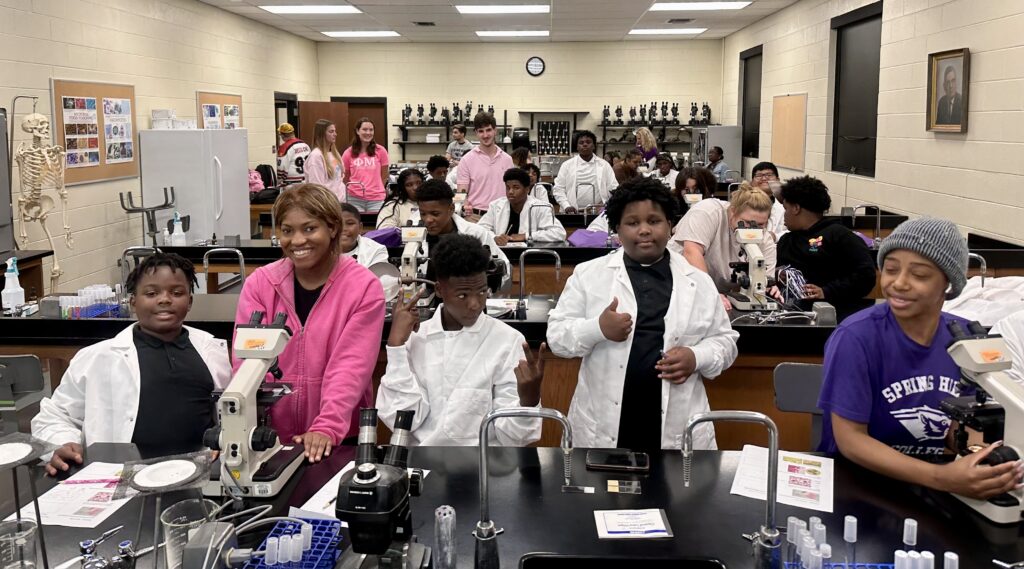REAL-STEM Scholars
Spring Hill College announces a new program for students interested in Science, Technology, Engineering, and Mathematics (STEM) who want more than a degree.

The program is supported by a grant from the National Science Foundation S-STEM Initiative and uses REAL strategies (Reflection, Engagement, Action, and Learning) to help students complete their undergraduate degrees and prepare for future roles in the STEM workforce.

Students selected as REAL-STEM Scholars will…
- Receive a 4-year scholarship that will significantly reduce the cost of attendance
- Join students with similar interests and goals in a living-learning community
- Take core STEM courses and a first-year seminar with other REAL-STEM Scholars
- Receive individualized faculty mentoring
- Engage in service-learning activities
- Participate in research and internship opportunities
- Attend an annual career seminar
Selection Process
Students who meet the criteria below will be invited to apply for the REAL-STEM Scholarship Program:
- Citizenship or lawful permanent residence in the United States
- Declared major in the Division of Science and Mathematics
- Demonstrated financial need as indicated by eligibility for a Federal Pell Grant
- Unconditional admission to Spring Hill College
Applicants will be asked to write an essay and provide contact information for a high school instructor in science or mathematics. A committee will review the applications and select a group for interviews. Final decisions will be based on a holistic evaluation of their interests, motivations, life experience, potential to succeed, and commitment to entering the STEM workforce after completing their education. Apply below!
To retain their scholarships, REAL-STEM Scholars must maintain an overall and major cumulative GPA of 3.0 or higher each semester, and maintain a courseload that leads to completion of the SHC requirements in 3 years for Pre-Engineering and 4 years for other STEM fields (typically 15 credit hours per semester).
This material is based upon work supported by the National Science Foundation under Award No. 22147. Any opinions, findings and conclusions or recommendations expressed in this material are those of the author(s) and do not necessarily reflect the views of the National Science Foundation.
